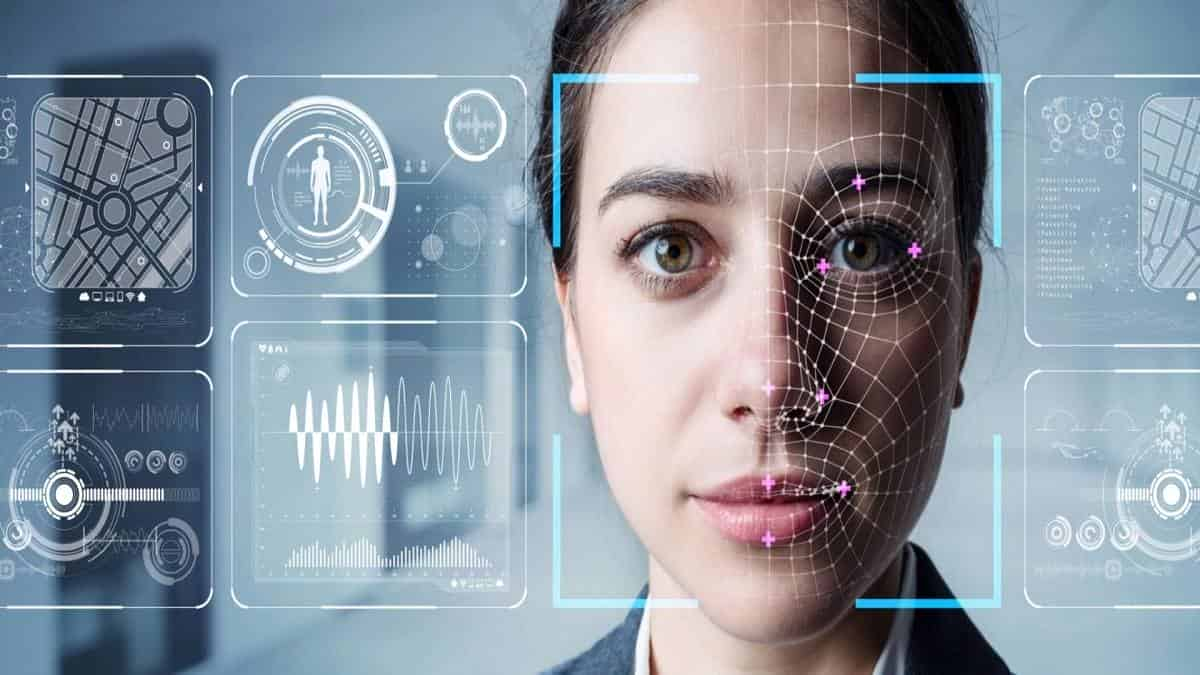US Plans To Strengthen Facial Recognition Authority At Airports
US Customs and Border Protection has filed for a remarkable expansion in its authority to conduct facial recognition at airports surrounding the country.
As part of the pilot authorization, Customs officials could only collect data from select ports and travelers — but this new proposal would allow border agencies to expand the program at their own discretion.

US Customs and Border Protection has filed for a remarkable expansion in its authority to conduct facial recognition at airports surrounding the country.
The agency submitted a legal filing to the Federal Register seeking to expand the ongoing biometric exit program, thus, broadening the program’s scope to include all air and land ports. Submitted on November 19th, the filing shifts the entire program’s focus to facial recognition.
It is open to public comment till Monday, December 21st.
This program was first put in place in 2017 and its usage was limited to only a handful of ports in order to assess its feasibility.
As part of the pilot authorization, Customs officials could only collect data from select ports and travelers — but this new proposal would allow border agencies to expand the program at their own discretion.
“If this proposed rule is adopted as a final rule, CBP would continue to expand testing as necessary,” the filing reads.
That is, this will mean that a standard authorization would be set up to collect photographs of the faces of non-citizens. Under this rule, anyone going through customs on the way in or out of the country will have their photographs taken and run through the facial recognition program. The system may also be used to identify US citizens, although they can opt out of the option.
“This proposed rule provides that all aliens may be required to be photographed upon entry and/or departure,” the filing explains. “The use of facial recognition technology upon entry and departure will make the process for verifying an alien’s identity more efficient and accurate.”
It remains unclear how President-elect Biden will handle the expanding system when he takes office on January 20th. Biden was largely silent on facial recognition throughout his campaign and has not committed to a stance on the program. Earlier this month, a coalition of civil rights groups pushed the incoming president for stricter regulation of the technology in an open letter.
In June, lawmakers introduced a bill to ban facial recognition at the federal level, but the proposal has not moved forward.

